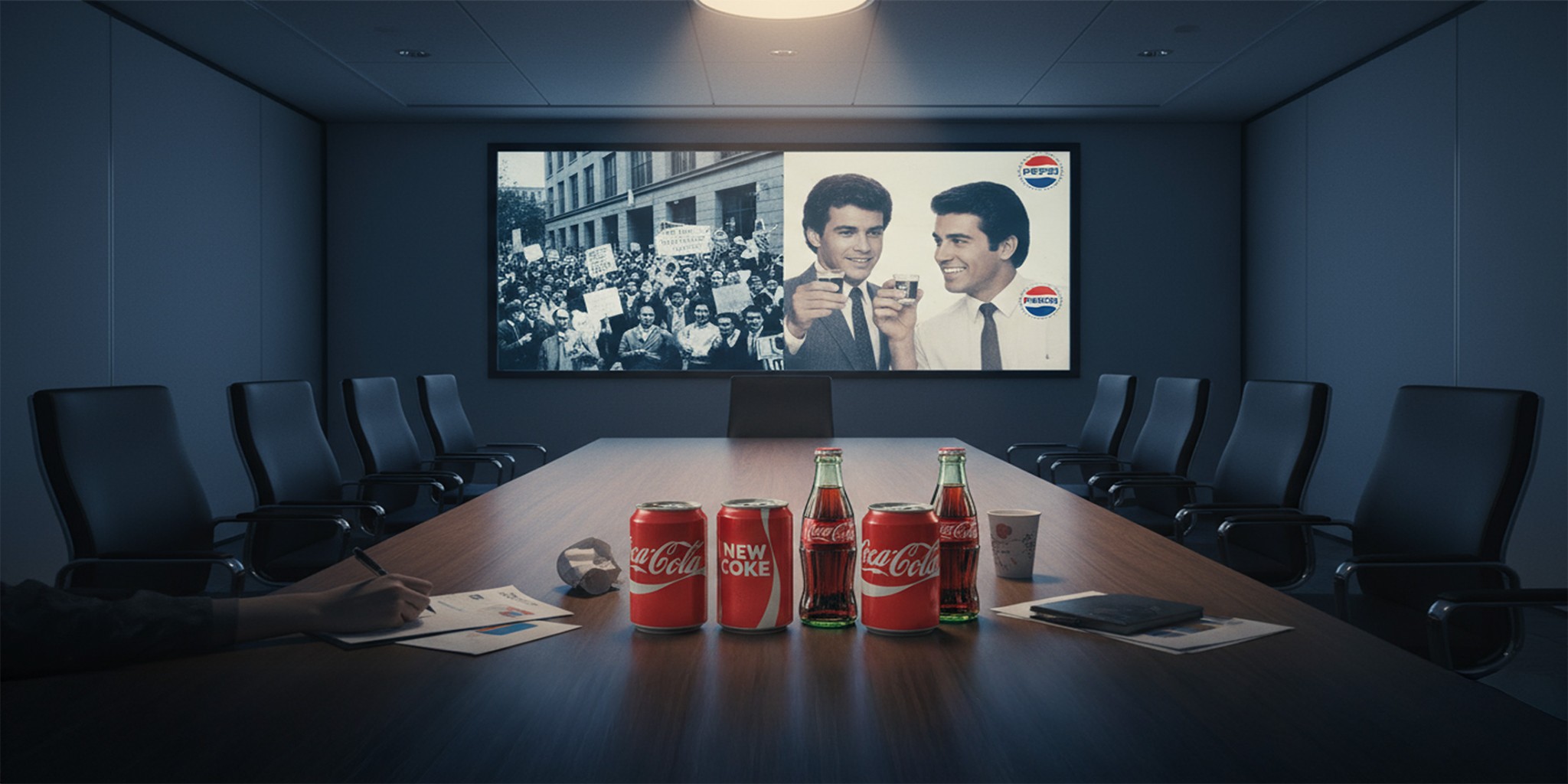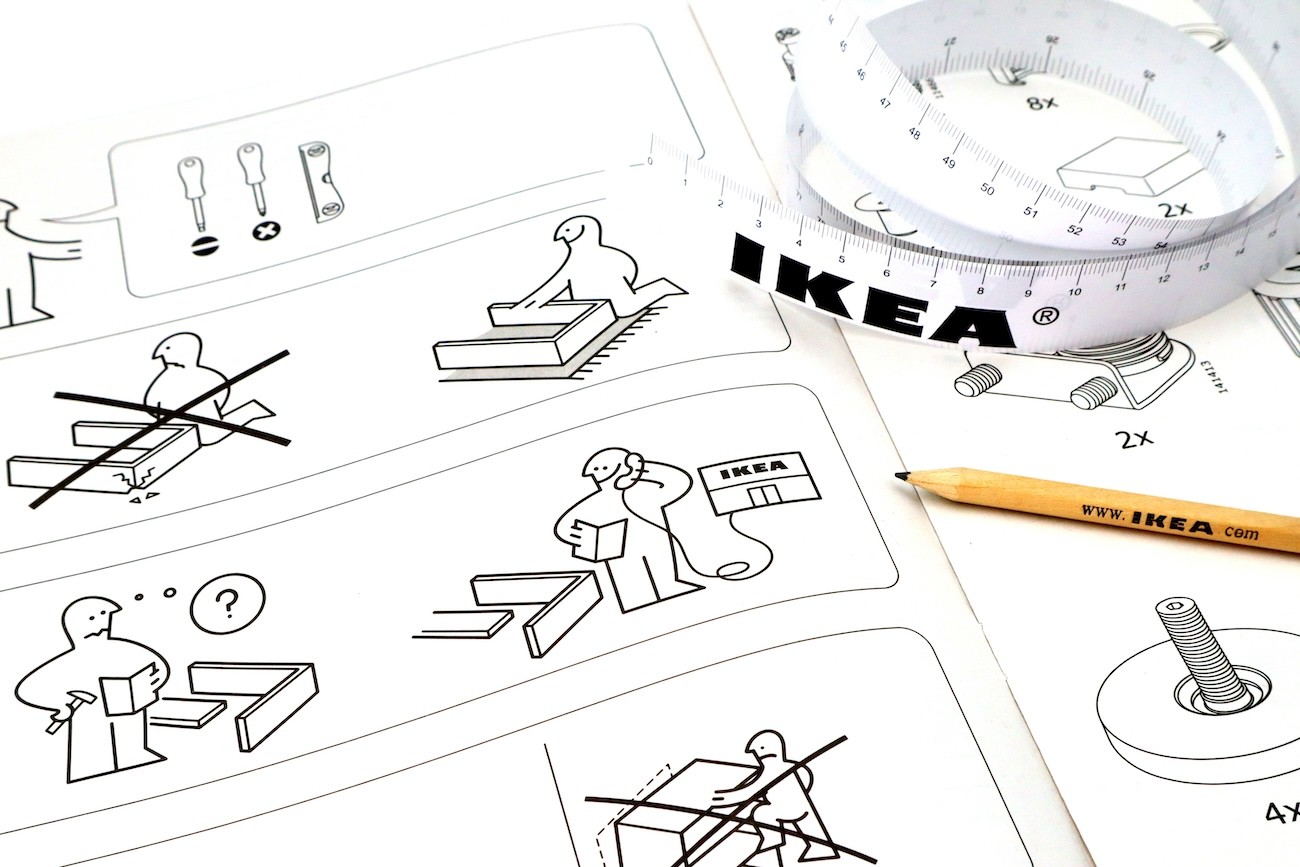One thing we often see in our industry is what I call boardroom boredom. It happens when things are going well — the work is solid, revenue is healthy and the brand is respected — but those in leadership start feeling restless. They look around, see competitors doing something new and wonder if they should “freshen things up” too.
Sometimes that restlessness leads to real innovation. But often, it shows up as unnecessary change: a rebrand for the sake of rebranding, a messaging shift no one needed or a new direction that ends up confusing the very people who already believed in you.
The temptation in those moments is to create movement just to feel movement. But history tells us that decisions made out of boredom can be some of the most expensive ones a company ever makes.
Let me tell you a story about a brand you definitely know.
In 1985, Coca-Cola didn’t have a problem. It was the most recognized brand in the world, outselling its rivals by a comfortable margin and woven into everyday life. But inside the company, executives were getting restless. Pepsi was running bold taste-test ads, younger audiences were paying attention and the competition suddenly looked exciting.
So Coca-Cola decided to change.
They reformulated their flagship drink — the one that had defined them for nearly a century — and introduced it as New Coke. Market tests said people liked the flavor. The rollout was confident, even a little smug. Then the world reacted.
Loyal customers revolted. Letters poured in. Phone lines jammed. People hoarded the old Coke and staged protests outside bottling plants. What Coca-Cola’s research hadn’t measured was emotion — the connection people felt to something familiar, dependable and theirs. Within a few chaotic months, the company reversed course and reintroduced the original formula as Coke Classic.
The lesson was unforgettable: sometimes leaders break what’s working simply because they’re bored with it.
In the boardroom, success can start to feel too predictable. Teams chase trends or mimic competitors, not because the strategy is wrong but because it no longer feels exciting. Yet in communication, marketing or leadership, consistency is not complacency — it’s credibility.
At Bark, we help organizations clarify their story so they stay rooted in what truly works. The goal isn’t to chase the next flavor of the month; it’s to protect what makes your message authentic and meaningful. When you keep the core healthy, the brand thrives and people stay loyal.
Because sometimes, the biggest mistake you can make isn’t failure. It’s tinkering with success just to feel something new.





